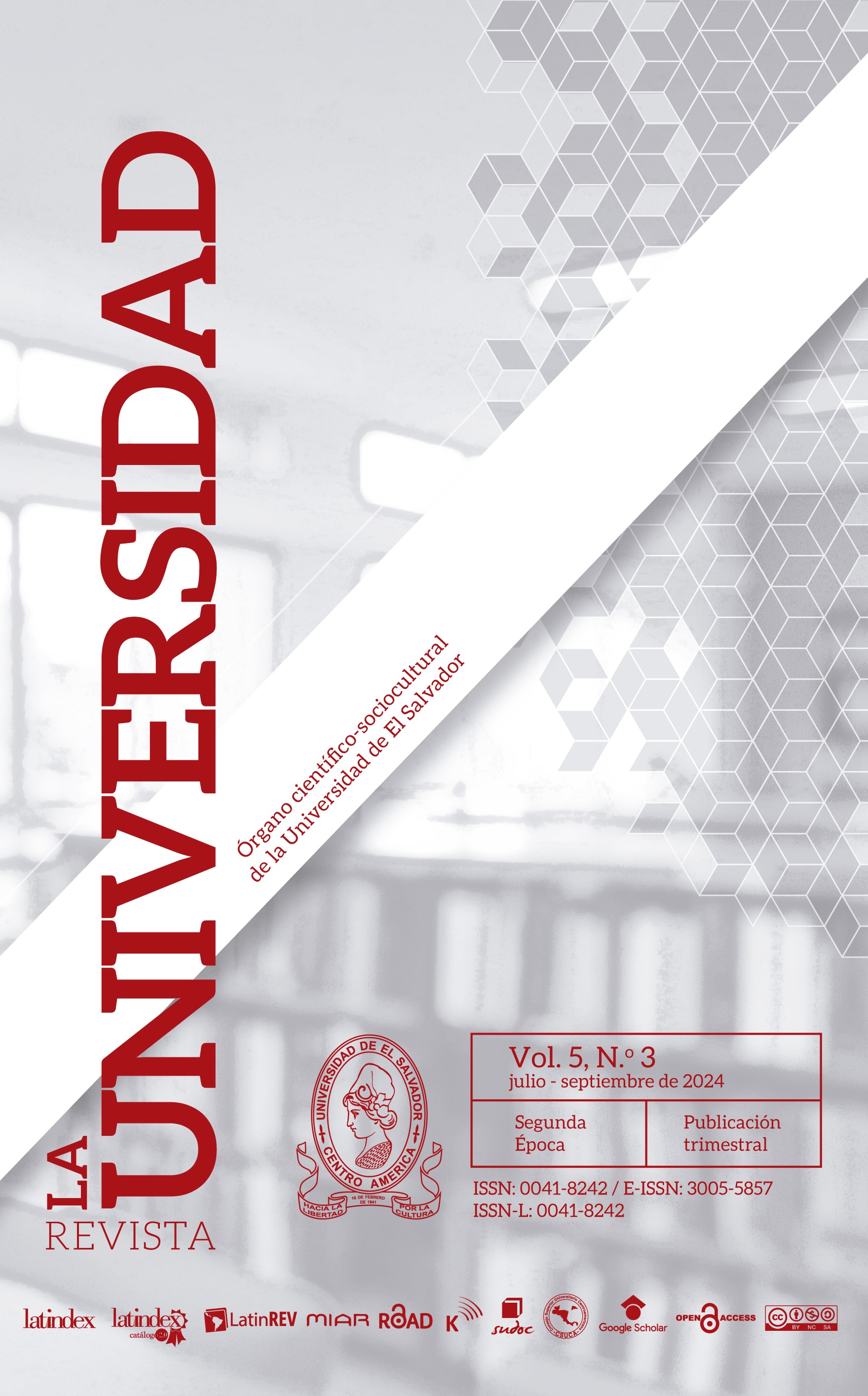Beyond Method
Reflections on the Intellectual Adventure of Paul Feyerabend
Keywords:
Paul Feyerabend, epistemological anarchis, scientific diversity, critical reflection, scientific truthAbstract
The article aims to explore the thought of Paul Feyerabend, with an emphasis on his concept of epistemological anarchism and its impact on the traditional conception of science. It addresses the fundamental question of the nature of scientific knowledge and its relationship with absolute truth. Through a reflective and critical approach, it analyzes how Feyerabend challenges the established structures of science, questioning the existence of a single scientific method and advocating for diversity of approaches and methodologies in research. The importance of being open to new perspectives and horizons of thought is emphasized, as well as recognizing the inherent complexity in the pursuit of knowledge. In this regard, it invites reflection on the need to maintain an open mind in the exploration of knowledge, without falling into the mediocrity of what is accepted by all in a linear, hegemonic, and unfiltered manner
Downloads
References
Agassi, E. (1976). Against Method: Outline of an Anarchistic Theory of Knowledge, by Paul K. Feyerabend. Philosophia, 6(1), 165-177. http://dx.doi.org/10.1007/BF02383263
Feyerabend, P. (1975). Against Method: Outline of an Anarchistic Theory of Knowledge. Verso. https://acortar.link/641pbv
Feyerabend, P. (1978). Science without Experience. Philosophy of Science, 45(1), 1–15.
Feyerabend, P. (1986). Tratado contra el método. Esquema de una teoría anarquista del conocimiento. Tecnos. https://acortar.link/qbz3Lv
Feyerabend, P. (1991). Anarchy and Order: Philosophy and Politics. In R. S. Cohen & L. Laudan (Eds.), Physics, Philosophy, and Psychoanalysis: Essays in Honor of Adolf Grünbaum (pp. 265–274). Springer. https://link.springer.com/book/10.1007/978-94-009-7055-7
Frank, P. (1957). Philosophy of Science: The Link between Science and Philosophy. Prentice-Hall. https://acortar.link/ECQ96m
Gellner, E. (1975). Review of Beyond Truth and Falsehood. The British Journal for the Philosophy of Science, 26(4), 331-342. http://dx.doi.org/10.1093/bjps/26.4.331
Hattiangadi, J. (1977). The Crisis in Methodology: Feyerabend. Philosophy of the Social Sciences, 7, 289-302. http://dx.doi.org/10.1177/004839317700700308
Hattiangadi, J. (2000). Two Concepts of Political Tolerance. En J. Preston, G. Munévar y D. Lamb (Eds.), The Worst Enemy of Science? Essays in Memory of Paul Feyerabend (pp. 125-147). Oxford University Press.
Koertge, N. (1980). Review of Paul Feyerabend, Science in a Free Society. The British Journal for the Philosophy of Science, 31(4), 385-390. http://dx.doi.org/10.1093/bjps/31.4.385
Kuhn, T. (1962). La estructura de las revoluciones científicas. University of Chicago Press.
Kulka, T. (1977). How Far Does Anything Go? Comments on Feyerabend’s Epistemological Anarchism. Philosophy of the Social Sciences, 7(3), 277-287. http://dx.doi.org/10.1177/004839317700700307
Lakatos, I. (1976). Proofs and Refutations: The Logic of Mathematical Discovery. Cambridge University Press. https://acortar.link/cilB2b
Laudan, L. (1977). Progress and its Problems: Toward a Theory of Scientific Growth. University of California Press. https://acortar.link/BTt1lY
Laudan, L. (1996). Beyond Positivism and Relativism: Theory, Method and Evidence. Westview Press.
Morin, E. (1977). El método I. La naturaleza de la naturaleza (6a edición). Editorial Cátedra. Colección Teorema Serie mayor. https://ciroespinoza.files.wordpress.com/2011/11/el-metodo-1-la-naturaleza-de-la-naturaleza.pdf
Morin, E. (1998). Introducción al pensamiento complejo. Editorial Gedisa. https://cursoenlineasincostoedgarmorin.org/images/descargables/Morin_Introduccion_al_pensamiento_complejo.pdf
Niaz, M. (2020). Feyerabend’s Epistemological Anarchism: How Science Works and its Importance for Science Education. Science & Education, 29(3), 443–459. https://doi.org/https://doi.org/10.1007/s11191-020-00112-0
Nicolescu, B. (1996). La transdisciplina. Manifiesto. Du Rocher. http://www.ceuarkos.edu.mx/wp-content/uploads/2019/10/manifiesto.pdf
Downloads
Published
How to Cite
Issue
Section
License

This work is licensed under a Creative Commons Attribution-NonCommercial-ShareAlike 4.0 International License.
Los textos académicos y científicos que se publican en la Revista La Universidad están protegidos bajo la licencia CC BY NC SA 4.0, esta permite usar una obra para crear otra obra o contenido, modificando o no la obra original, siempre que se cite al autor, la obra resultante se comparta bajo el mismo tipo de licencia y no tenga fines comerciales (https://creativecommons.org/licenses/by-nc-sa/4.0/deed.es) . El autor es el único que pose los derechos de publicación y la Revista La Universidad posee los derechos de difusión.





